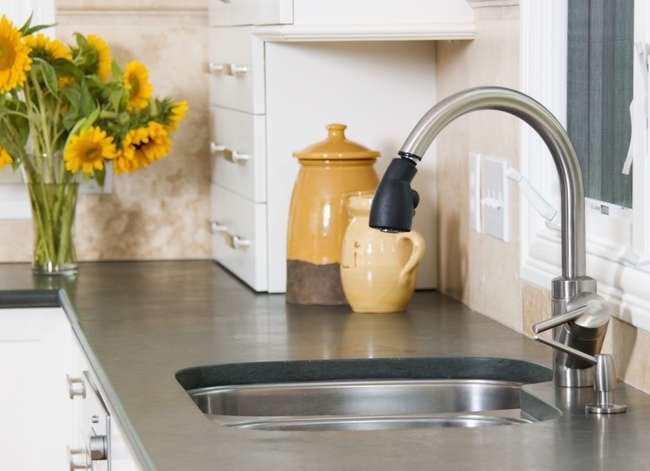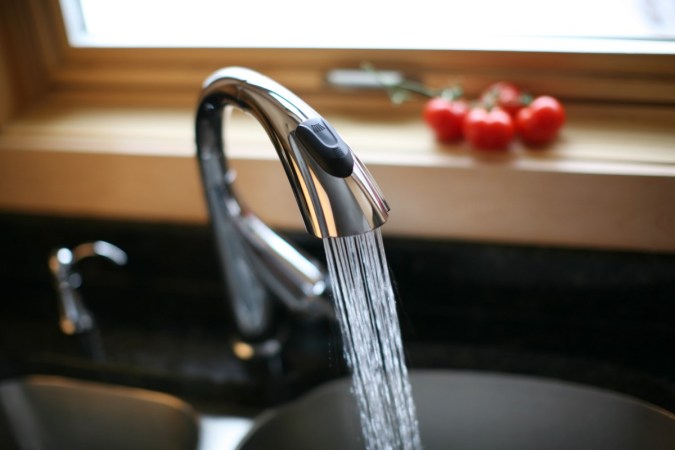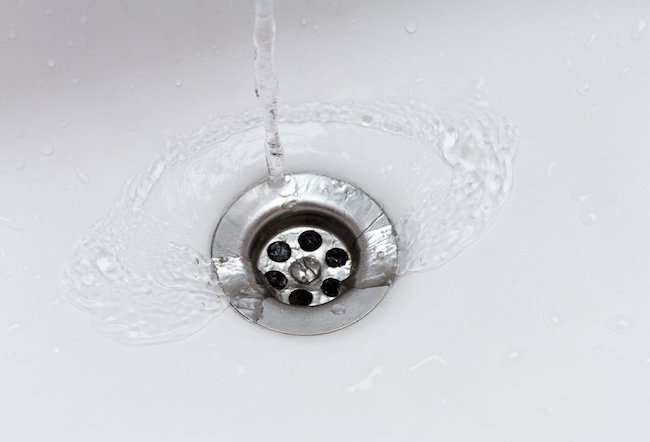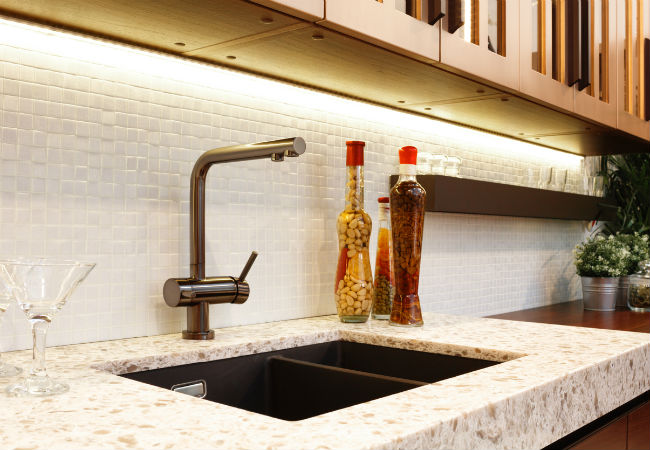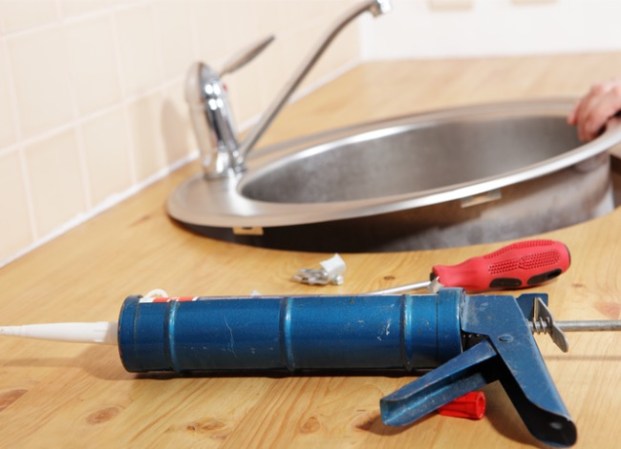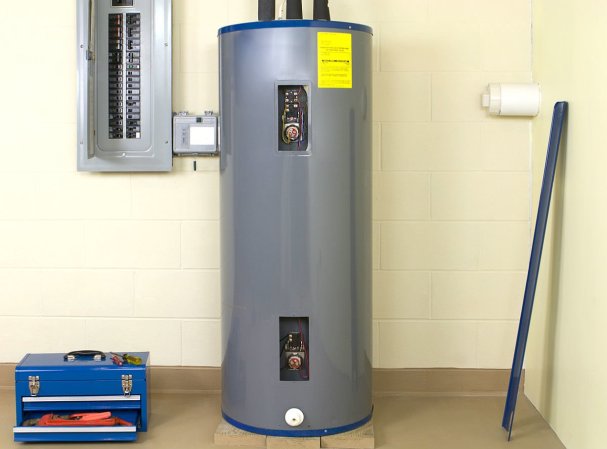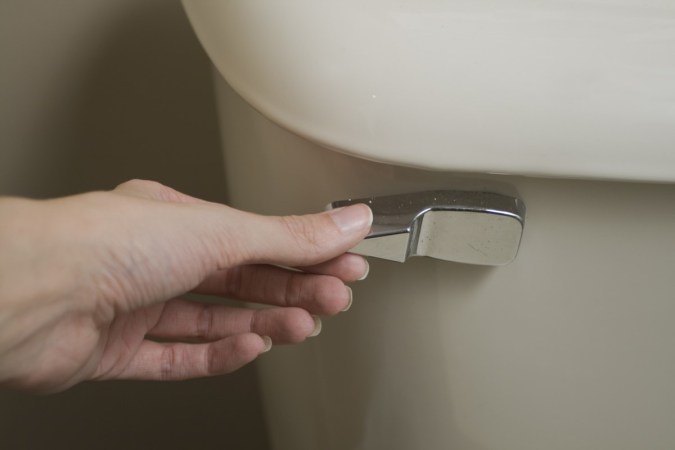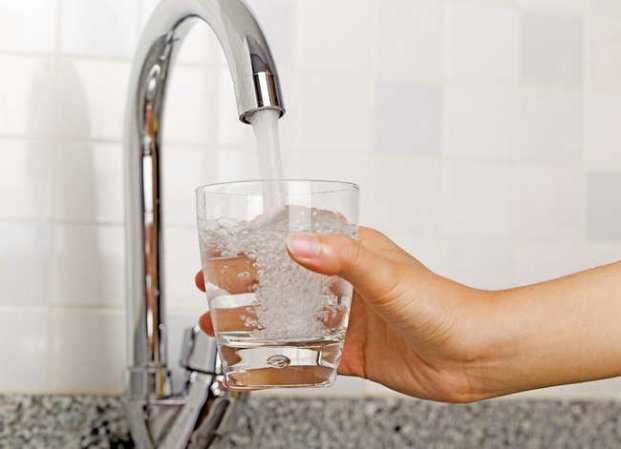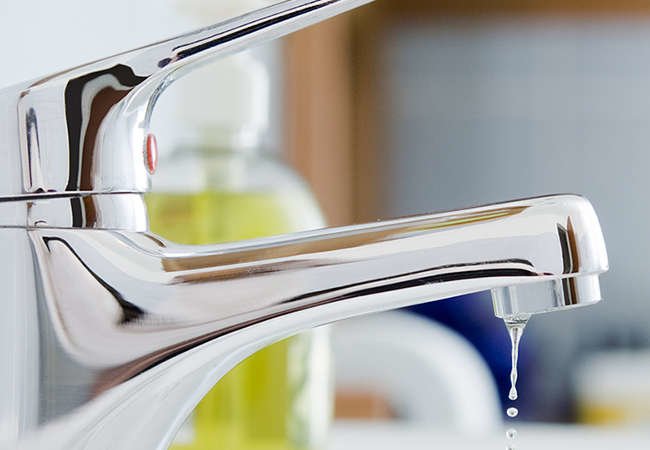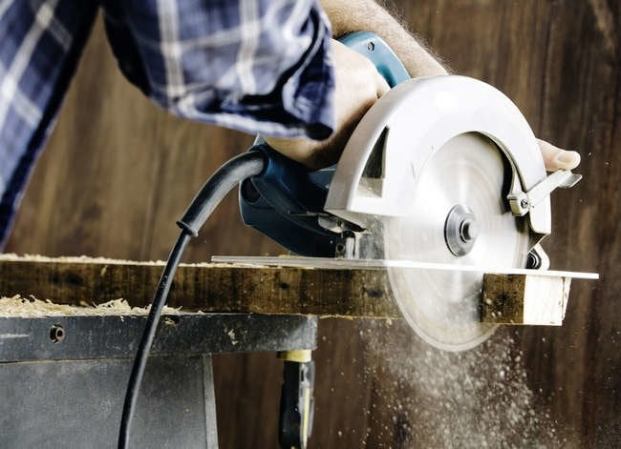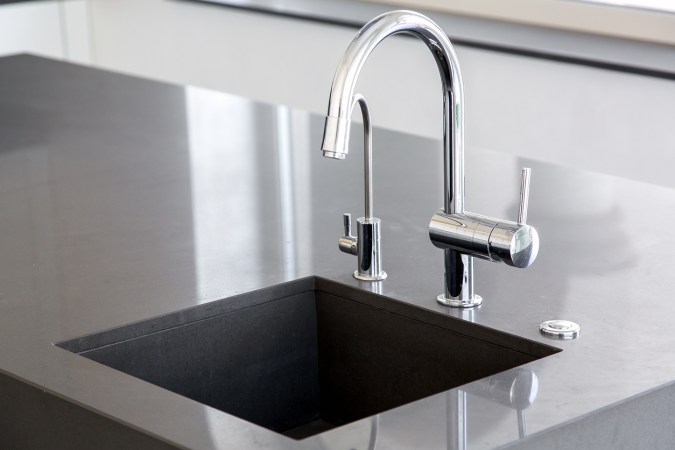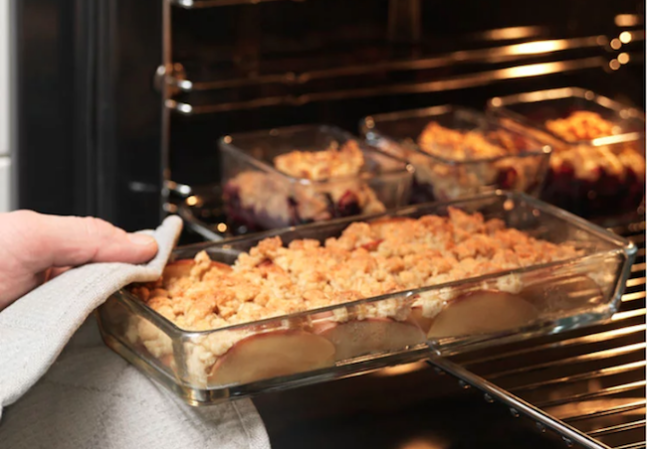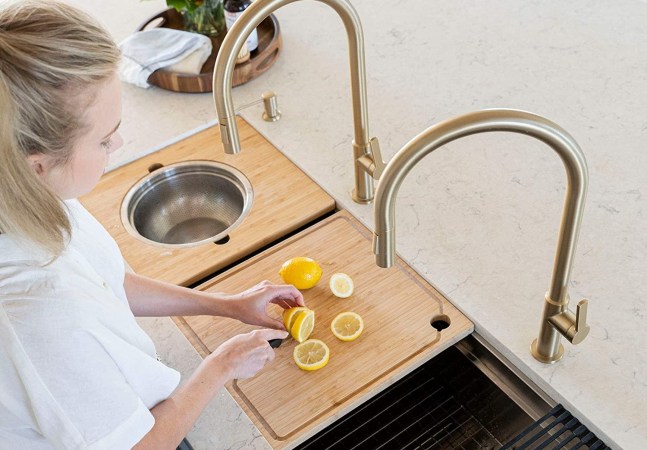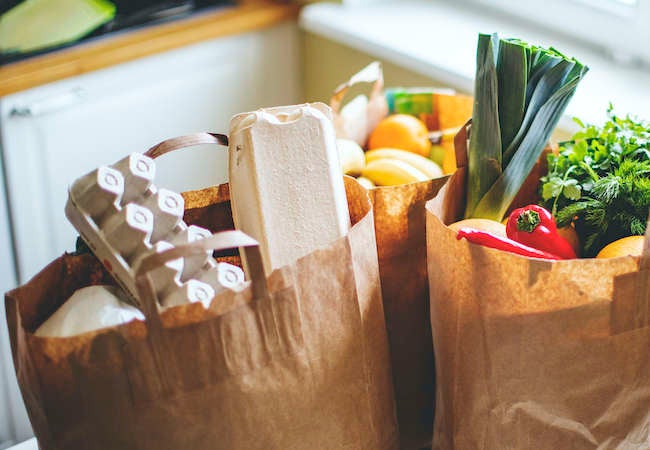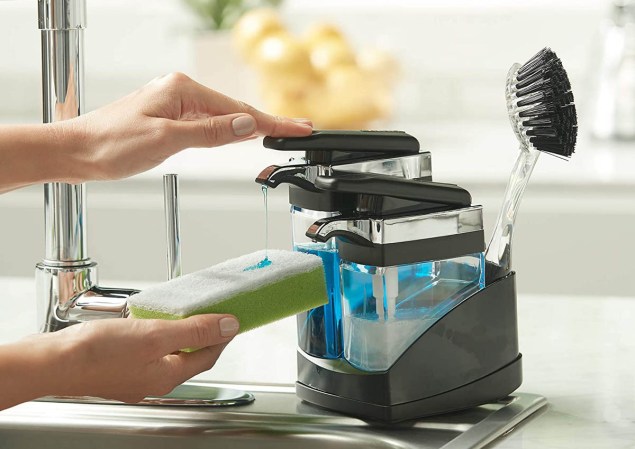We may earn revenue from the products available on this page and participate in affiliate programs. Learn More ›
Danger in the Drains
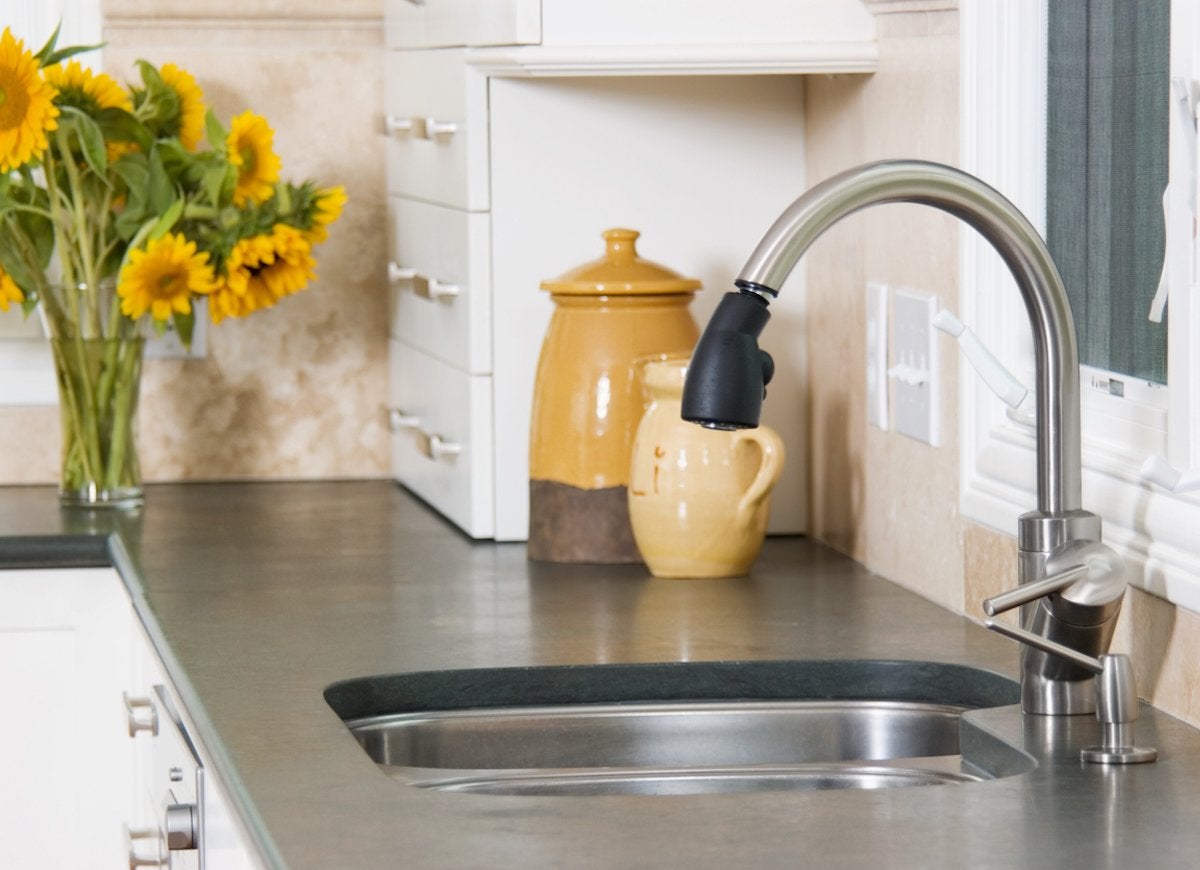
Although the drain in your kitchen sink might seem like a convenient place to dispose of household waste and garbage, it can’t handle everything you might want to drop into it. Here, we list some of the biggest down-the-drain offenses. Which are you guilty of committing?
Used Motor Oil
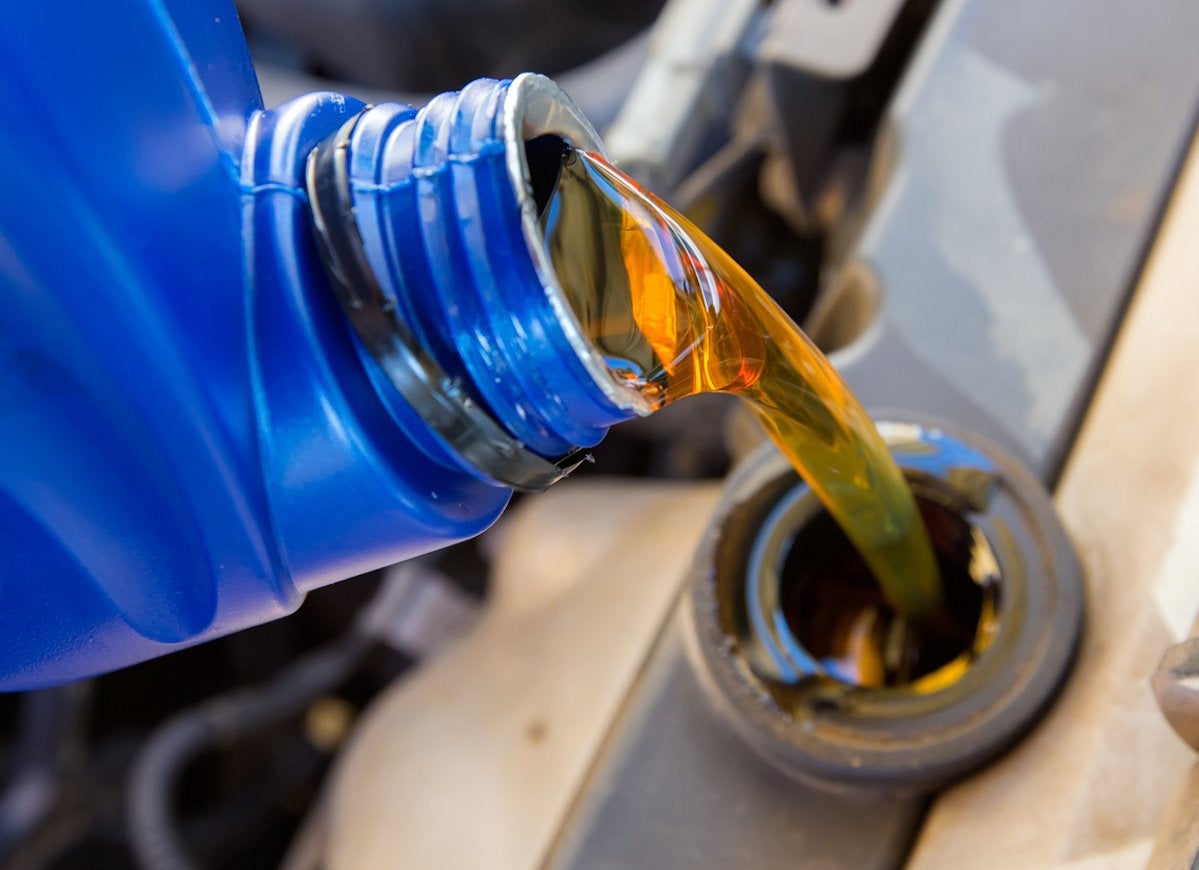
The absolute biggest no-no of the bunch, used motor oil should never find its way down the a sink. One quart of it can contaminate one million gallons of drinking water, according to the EPA. Used motor oil—as well as other automotive products including brake fluid, antifreeze, and engine degreaser—should be taken to a service station or recycling center for disposal.
Household Chemicals
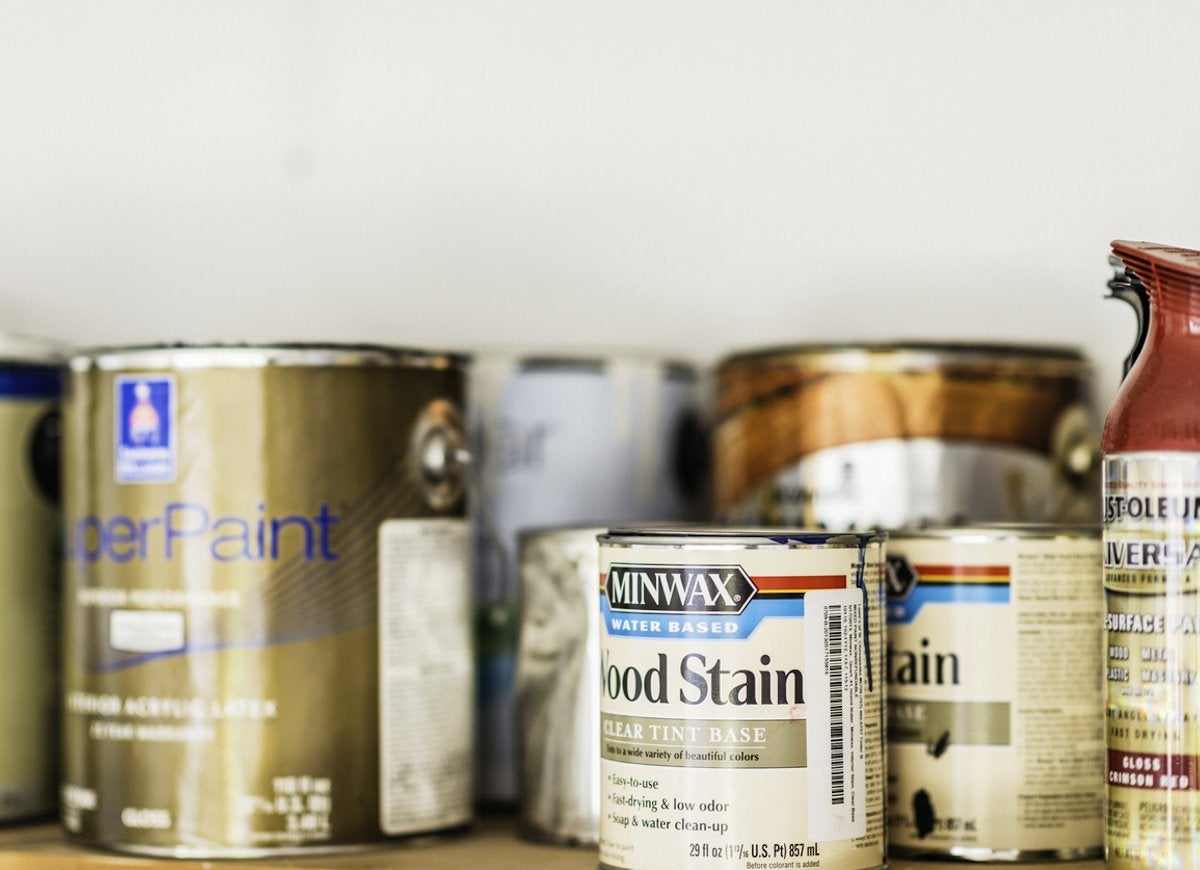
Many toxic substances are in common household products, including paint, paint thinners, turpentine, solvent-based cleaners and polishes, lacquer, and even nail polish remover. Rather than disposing of these in the drain, bring leftovers to a community cleanup day, when many cities and towns accept toxic substances for proper disposal.
Medications
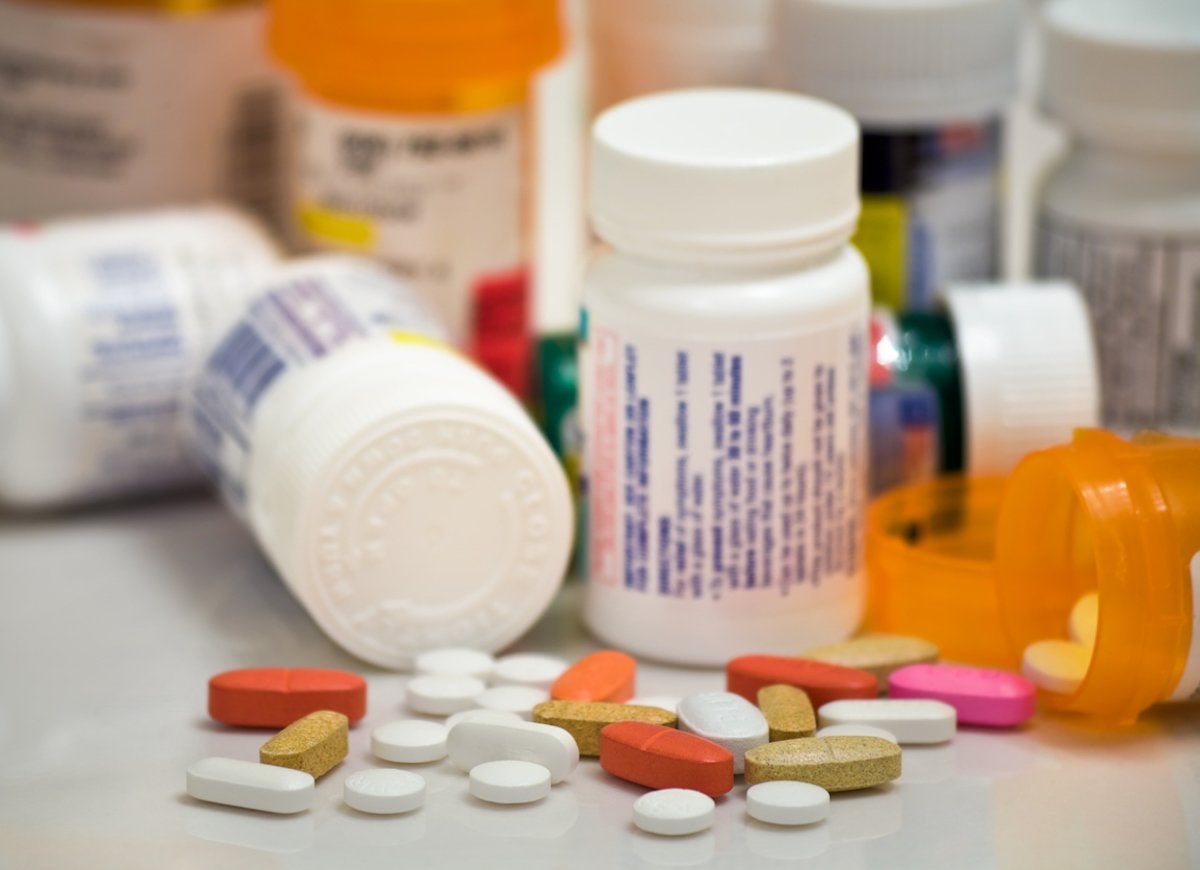
Many of us are guilty of having a collection of cold medicine, vitamins, and old prescriptions in the back of the medicine cabinet. When these expire, don’t dump them down the sink or in the toilet. Studies have found everything from antibiotics to birth control medications in drinking water supplies. Many local pharmacies have take-back programs. Alternatively, you can mix medications into kitty litter or coffee grounds and throw them in the trash.
Pesticides and Fertilizers
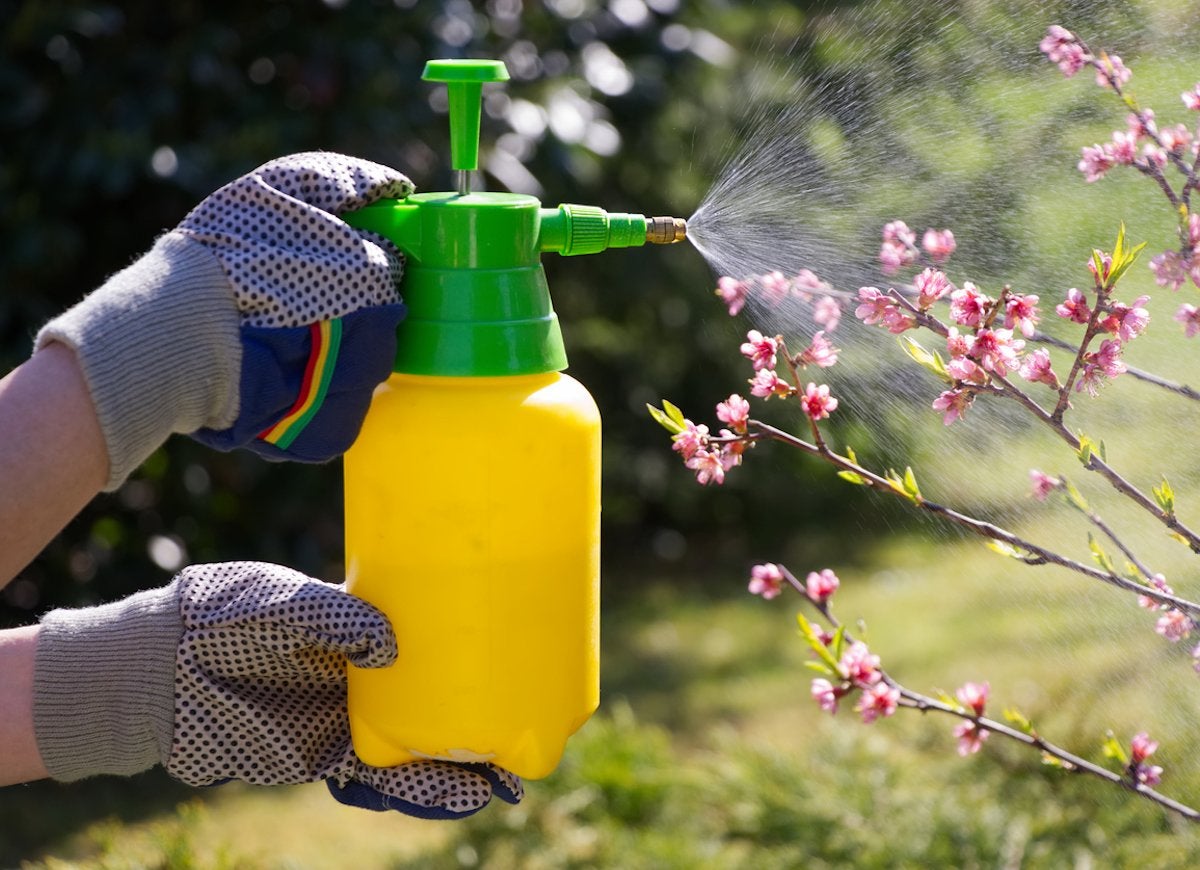
The toxins in pesticides can wreak havoc on fragile ecosystems and cause severe health problems in humans if ingested. Similarly, the nitrates used in fertilizers can pose a significant health hazard. In infants, poisoning can cause blue baby syndrome, a potentially fatal condition that results when the blood cannot transport oxygen. Instead of dumping pesticides down the sink, contact your local solid waste agency to learn about proper disposal.
Pet Waste
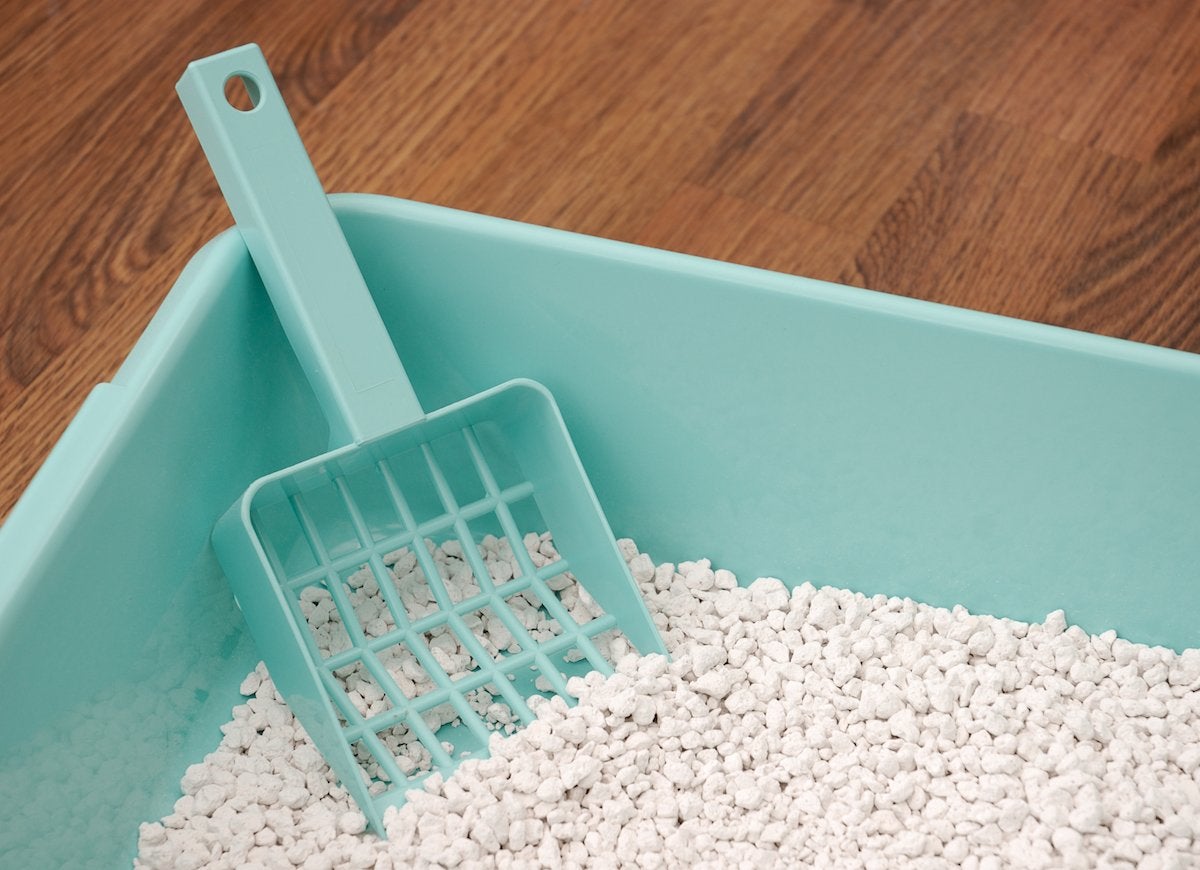
Most municipalities classify animal waste as raw or untreated sewage, because it often contains parasites and microorganisms that can be harmful to humans and other animals. Pet waste should be disposed of in the regular garbage—not down a sink’s drain.
Cooking Oil and Grease
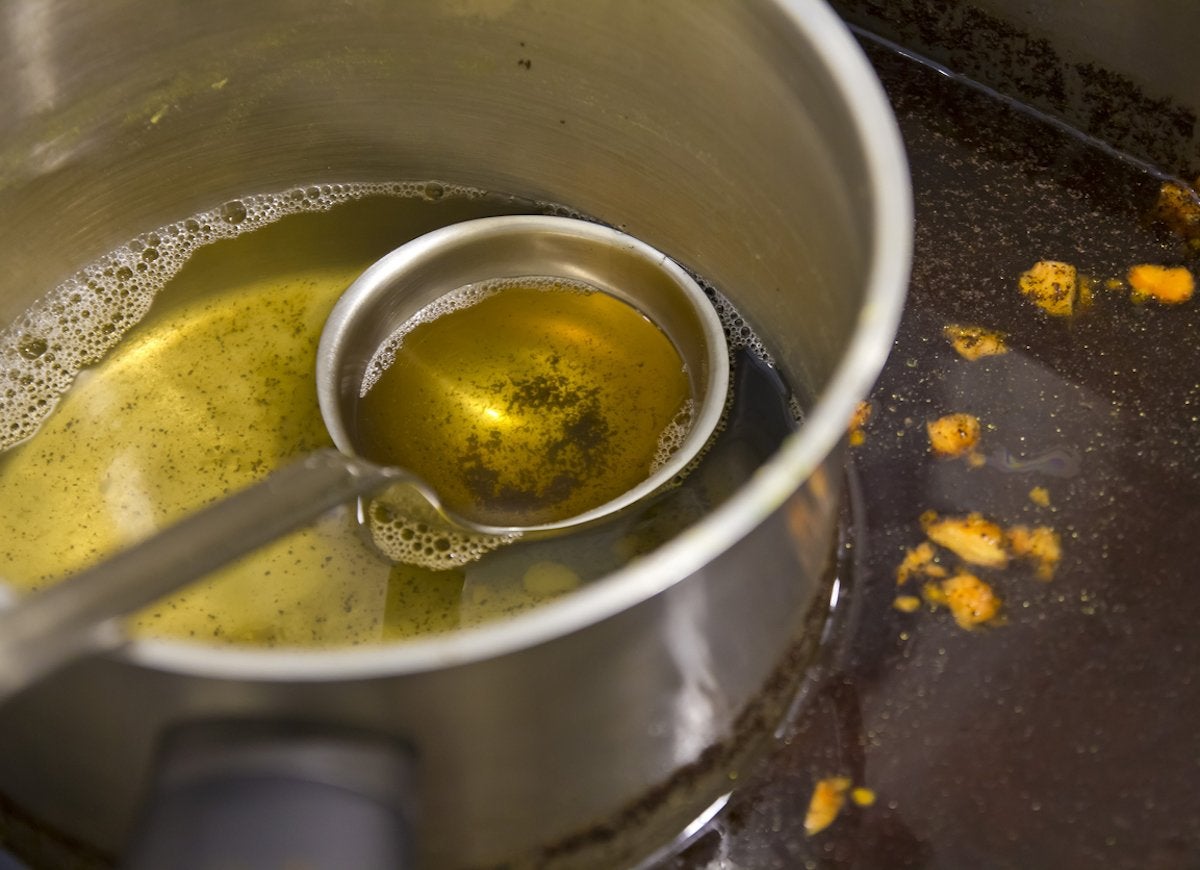
Bacon fat, lard, butter, chicken fat, and other greasy substances typically harden quickly. If that happens while the fat is going down your pipes, it coats the drainage system and eventually clogs the plumbing, which can lead to costly repair bills. It’s better to let the fat solidify in a glass jar or leftover soup can, then dispose of it in the regular trash. Avoid dumping cooking fats into a compost pile. They block the oxygen necessary for decomposition and can attract pests.
Food Waste
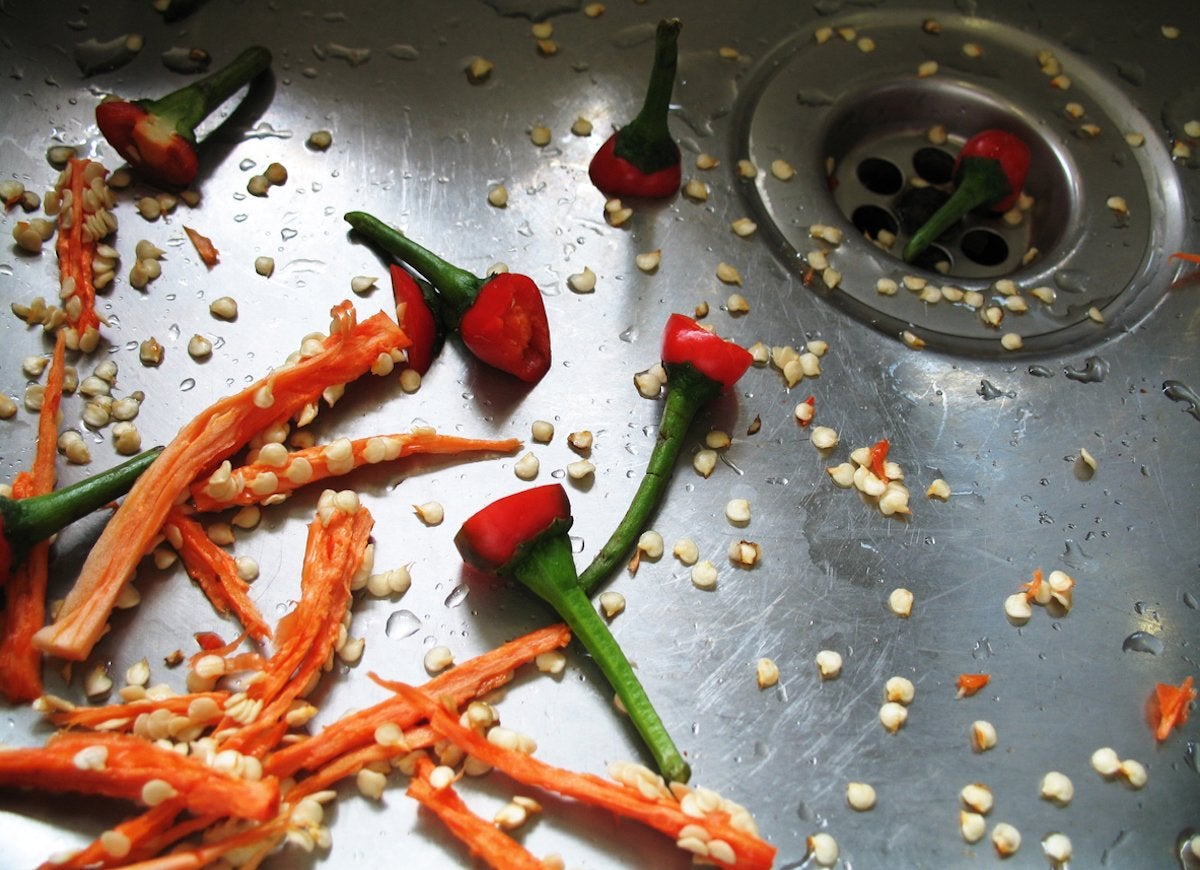
Unless you have a garbage disposal, avoid putting vegetable and fruit peels, cereal, and other food remains down the kitchen sink. Not only do these scraps take a lot of water to rinse down, but water reacts with many foods like pasta, rice, and bread, which expand, and potato skins can release starch, forming a glue-like clog inside the drain, often too far down in the system to easily clear. Better to dump kitchen scraps in the compost pile.
Flour
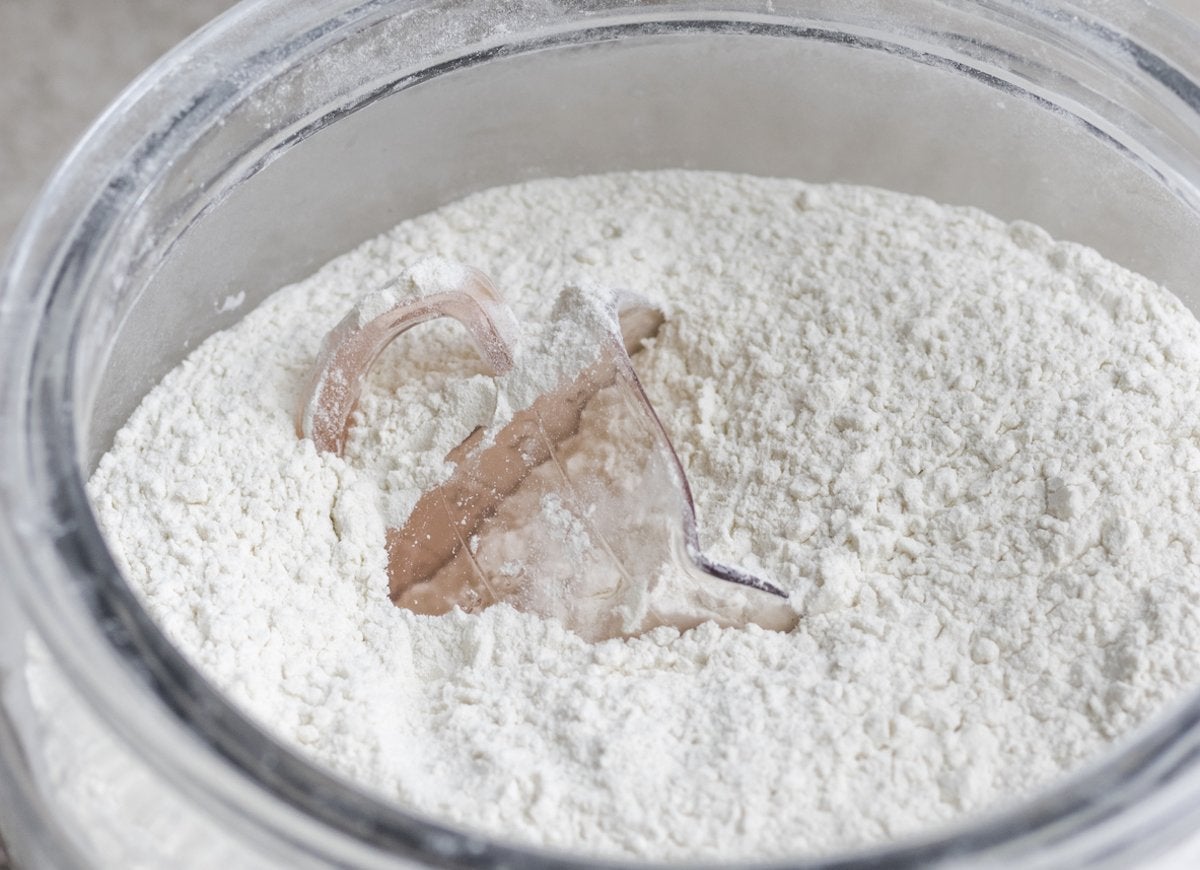
Think of the texture of flour when you mix it with a liquid while baking; now think of that same sticky mess sitting in your drain. Not only will flour stick to your pipes, but it can cause other particles coming down the drain to stick to it as well. If you need to toss out flour—wet or dry—throw it in the garbage.
Produce Stickers
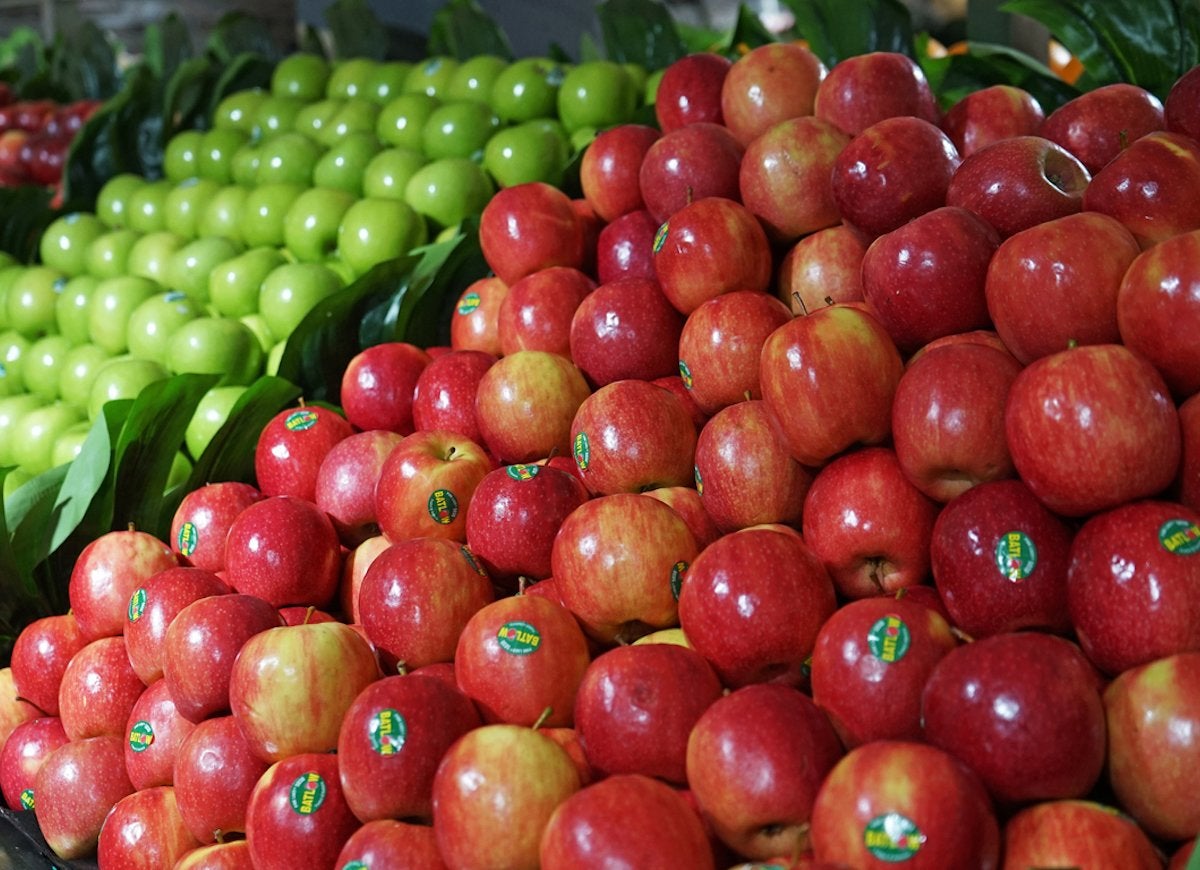
The next time you’re rinsing an apple under the tap be careful that the tiny sticker on it doesn’t go down the drain. It might not seem like much, but that little piece of plastic doesn’t dissolve in water and it can get stuck to the pipes. One sticker on a pipe probably won’t cause a problem, but you don’t want to start a bad habit.
Coffee Grounds
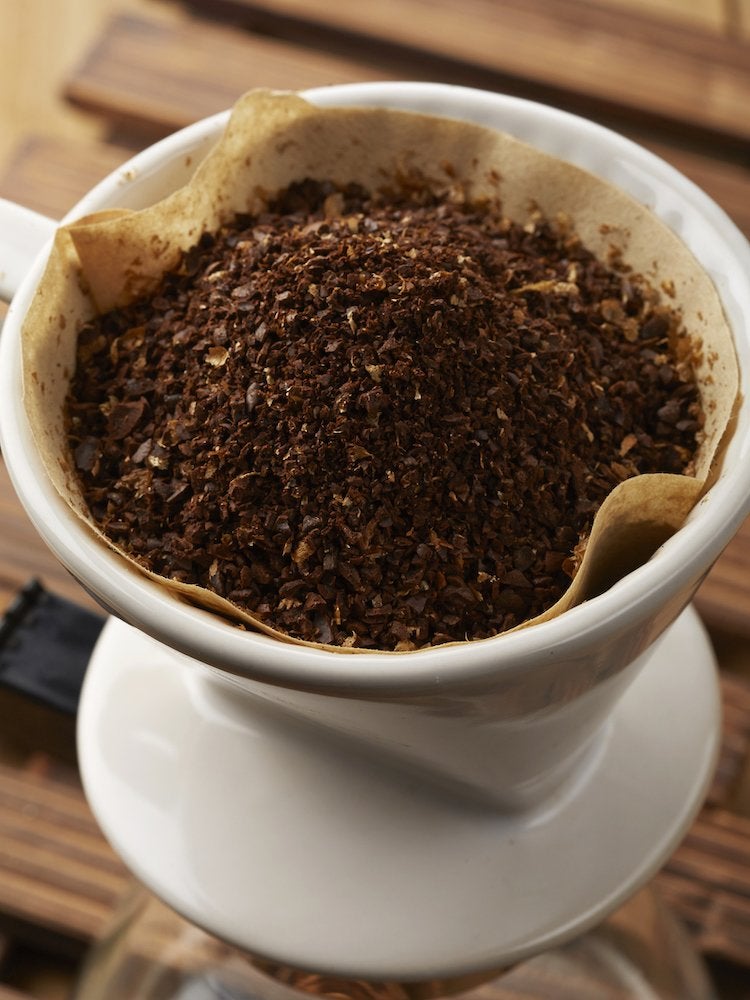
Dumping coffee grounds down the drain is a surefire way to clog your pipes. You can toss spent grounds in the trash, or better yet you use them more resourcefully. Add the coffee grounds to your compost pile or sprinkle them around the roots of acid-loving plants like roses.

